The mitochondria candidate: Is the cell’s powerhouse a hidden factor in autism?
Recent articles
Mitochondria mediate effects of PTEN mutations
Whole-genome sequencing data — which include information about mitochondrial DNA — offer clues to why mutations in the same gene can lead to autism or cancer.
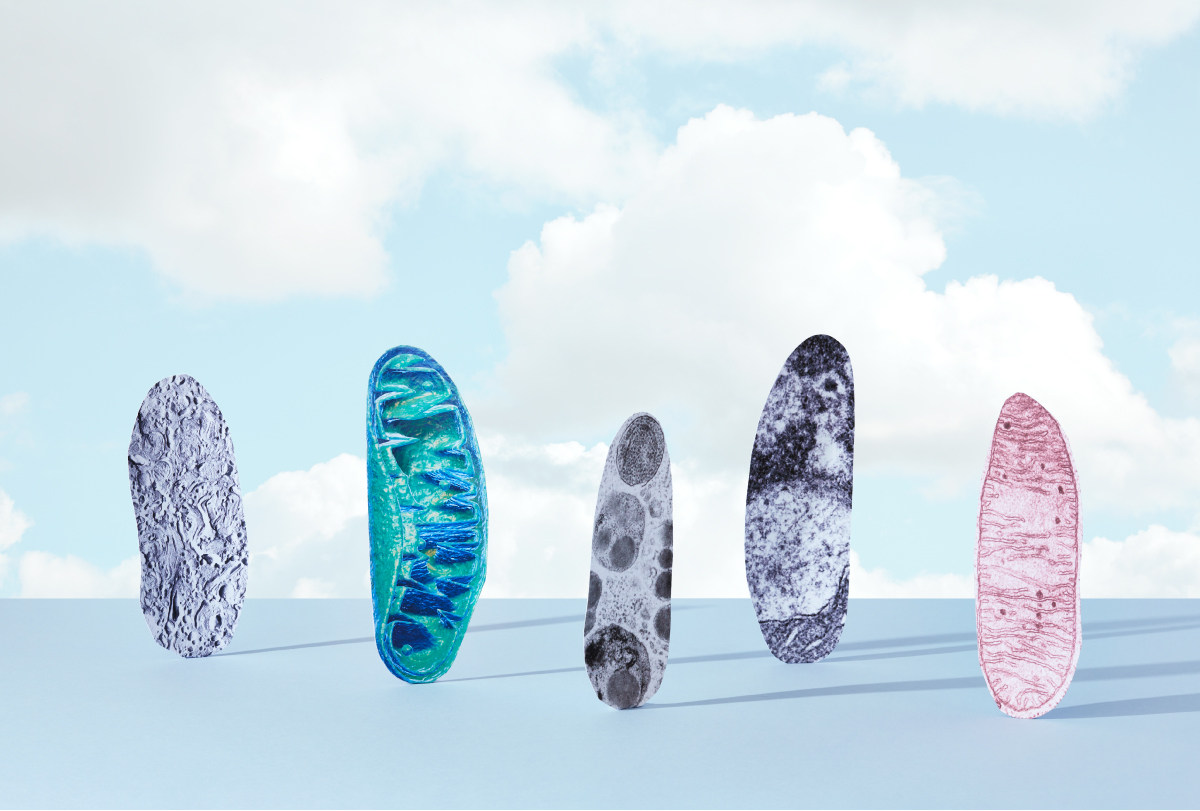
Mitochondria mediate effects of PTEN mutations
Whole-genome sequencing data — which include information about mitochondrial DNA — offer clues to why mutations in the same gene can lead to autism or cancer.
Multi-omics study captures CNTNAP2’s far-ranging effects
The in-depth approach shows mutations in the autism-linked gene disrupt neuronal growth and communication, as well as mitochondrial gene expression.
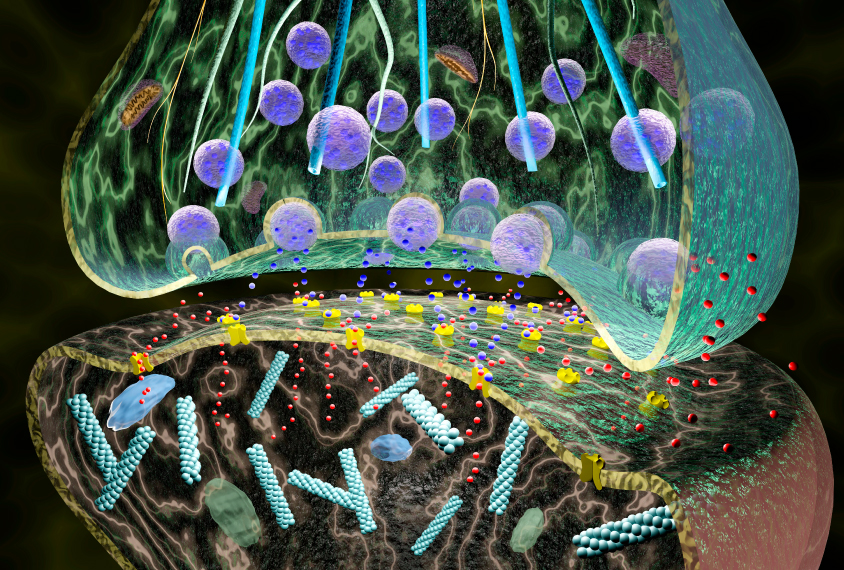
Multi-omics study captures CNTNAP2’s far-ranging effects
The in-depth approach shows mutations in the autism-linked gene disrupt neuronal growth and communication, as well as mitochondrial gene expression.
Unlocking the mitochondrial genome for autism research
The DNA specific to mitochondria is difficult to access, but new methods place its secrets within reach.
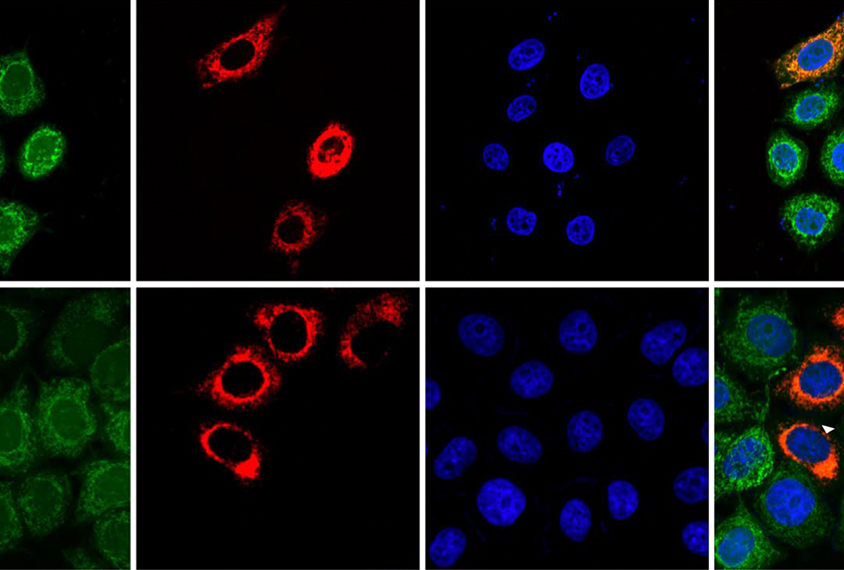
Unlocking the mitochondrial genome for autism research
The DNA specific to mitochondria is difficult to access, but new methods place its secrets within reach.
Mitochondria: An energy explanation for autism
People with autism have more mutations than others do in both mitochondrial DNA and nuclear DNA that affects mitochondrial function.
Mitochondria: An energy explanation for autism
People with autism have more mutations than others do in both mitochondrial DNA and nuclear DNA that affects mitochondrial function.
Meet the ‘mitomaniacs’ who say mitochondria matter in autism
Clues that problems with mitochondria contribute to autism have been accumulating for decades. In the past five years, a mutant mouse and a flurry of findings have energized the field.
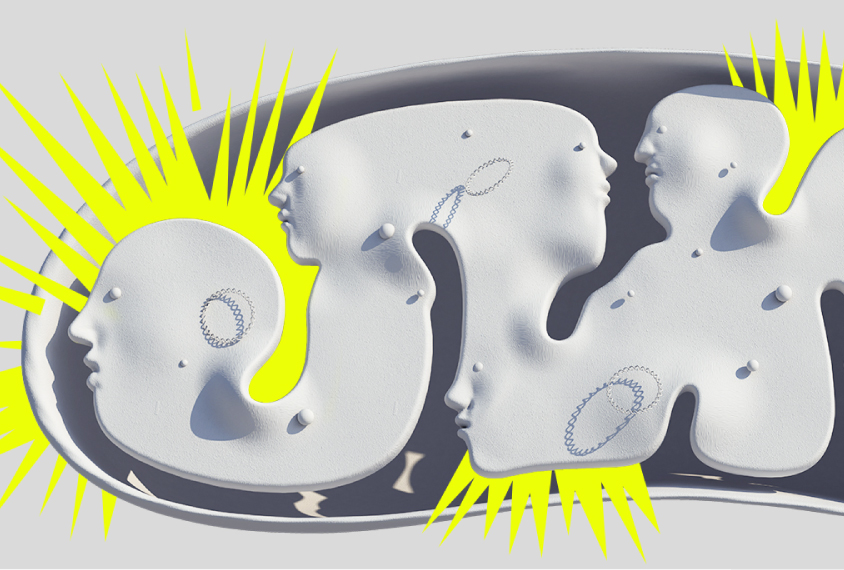
Meet the ‘mitomaniacs’ who say mitochondria matter in autism
Clues that problems with mitochondria contribute to autism have been accumulating for decades. In the past five years, a mutant mouse and a flurry of findings have energized the field.
Changes to mitochondrial DNA spur autism-like traits in mice
Mice with a mutation in their mitochondrial DNA show altered brain activity, repetitive behaviors and reduced sociability, according to a new study.
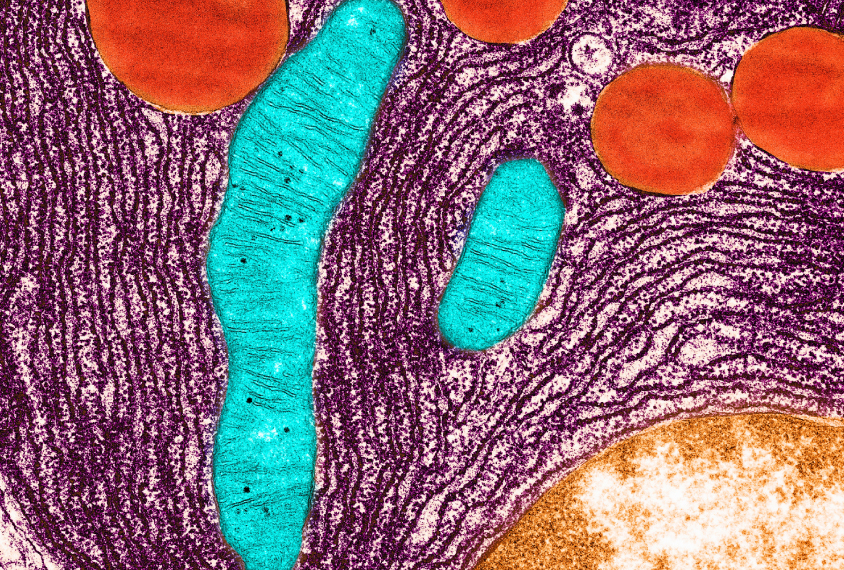
Changes to mitochondrial DNA spur autism-like traits in mice
Mice with a mutation in their mitochondrial DNA show altered brain activity, repetitive behaviors and reduced sociability, according to a new study.
Explore more from The Transmitter
Machine learning spots neural progenitors in adult human brains
But the finding has not settled the long-standing debate over the existence and extent of neurogenesis during adulthood, says Yale University neuroscientist Juan Arellano.

Machine learning spots neural progenitors in adult human brains
But the finding has not settled the long-standing debate over the existence and extent of neurogenesis during adulthood, says Yale University neuroscientist Juan Arellano.
Xiao-Jing Wang outlines the future of theoretical neuroscience
Wang discusses why he decided the time was right for a new theoretical neuroscience textbook and how bifurcation is a key missing concept in neuroscience explanations.
Xiao-Jing Wang outlines the future of theoretical neuroscience
Wang discusses why he decided the time was right for a new theoretical neuroscience textbook and how bifurcation is a key missing concept in neuroscience explanations.
Memory study sparks debate over statistical methods
Critics of a 2024 Nature paper suggest the authors failed to address the risk of false-positive findings. The authors argue more rigorous methods can result in missed leads.

Memory study sparks debate over statistical methods
Critics of a 2024 Nature paper suggest the authors failed to address the risk of false-positive findings. The authors argue more rigorous methods can result in missed leads.